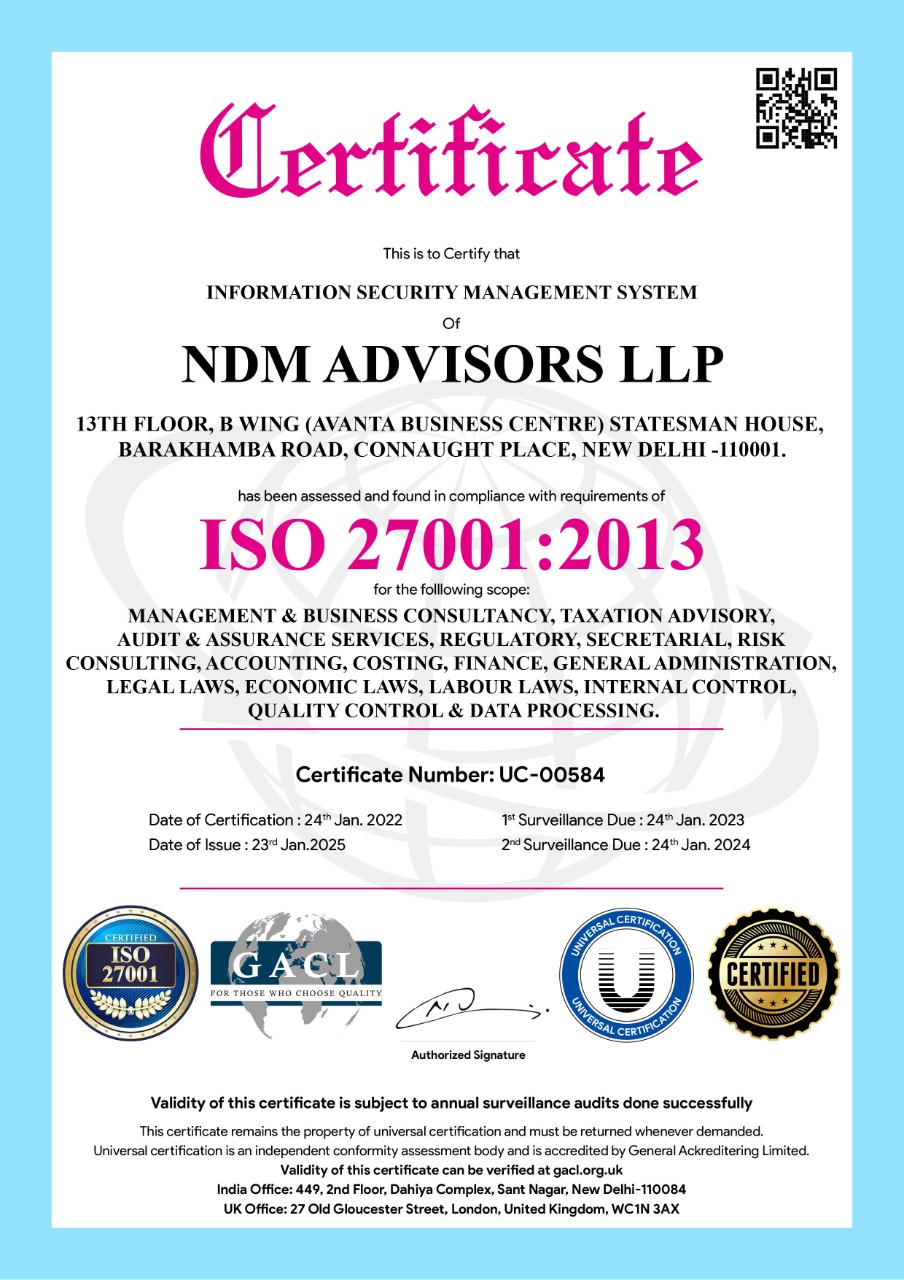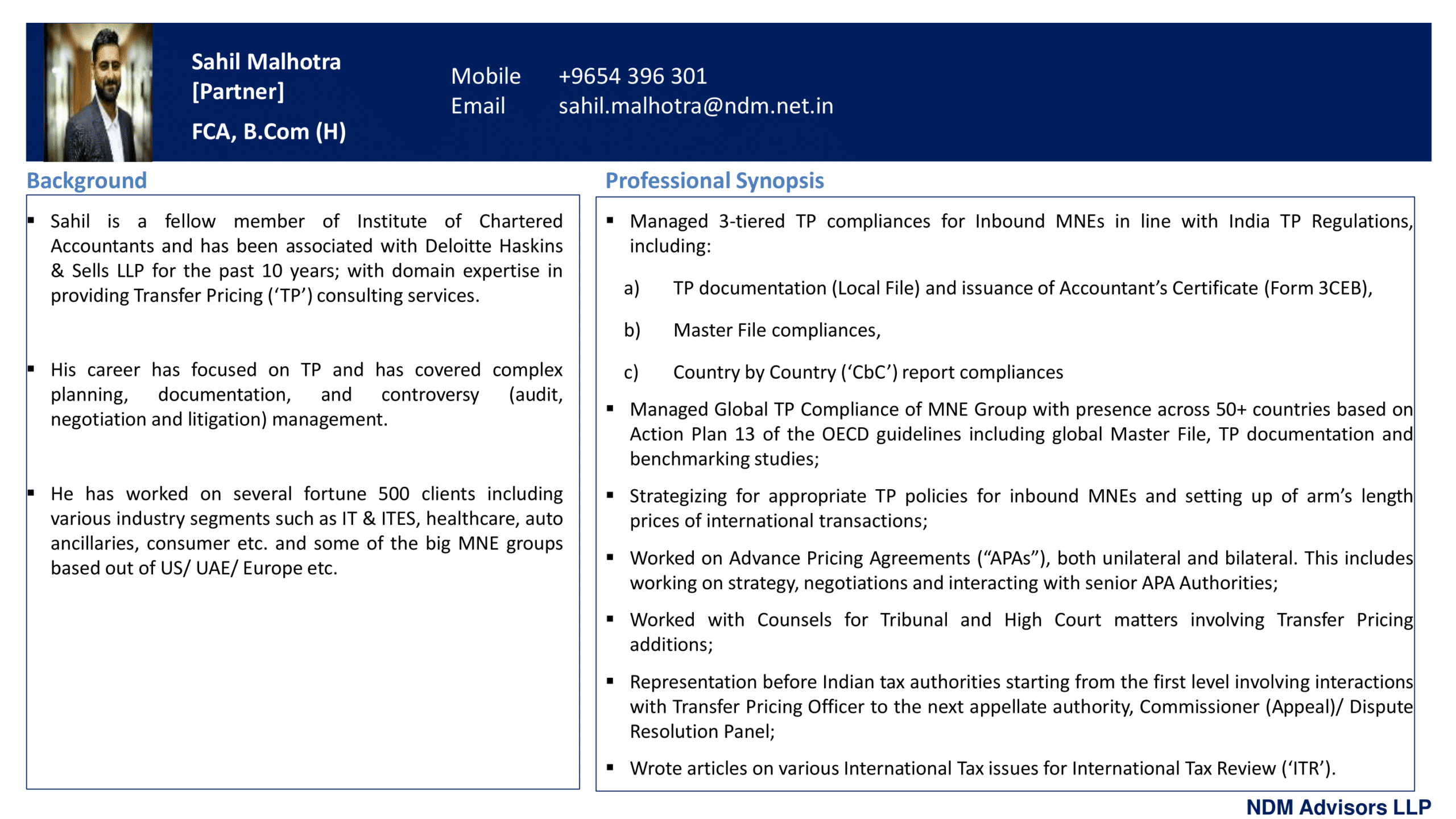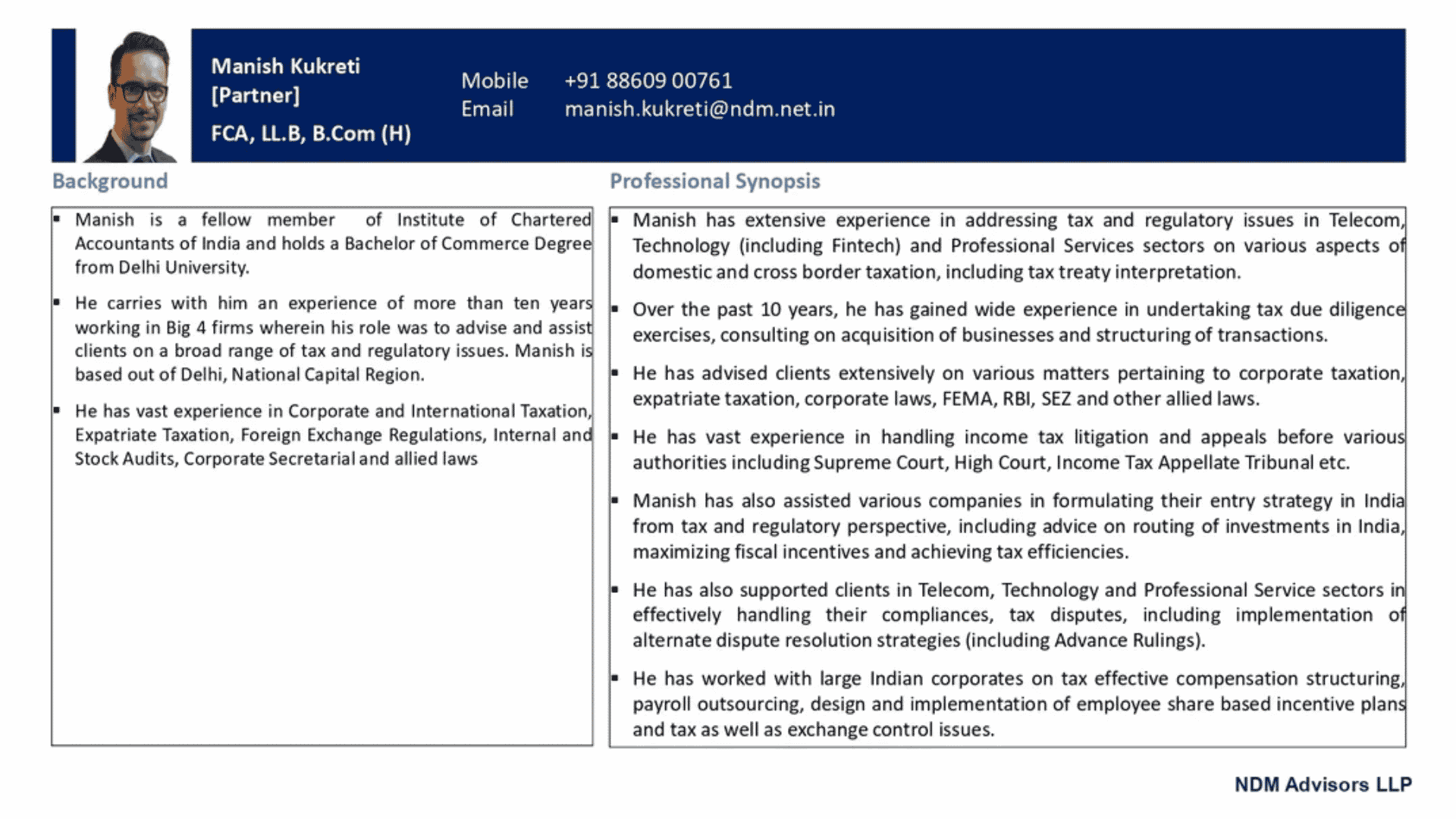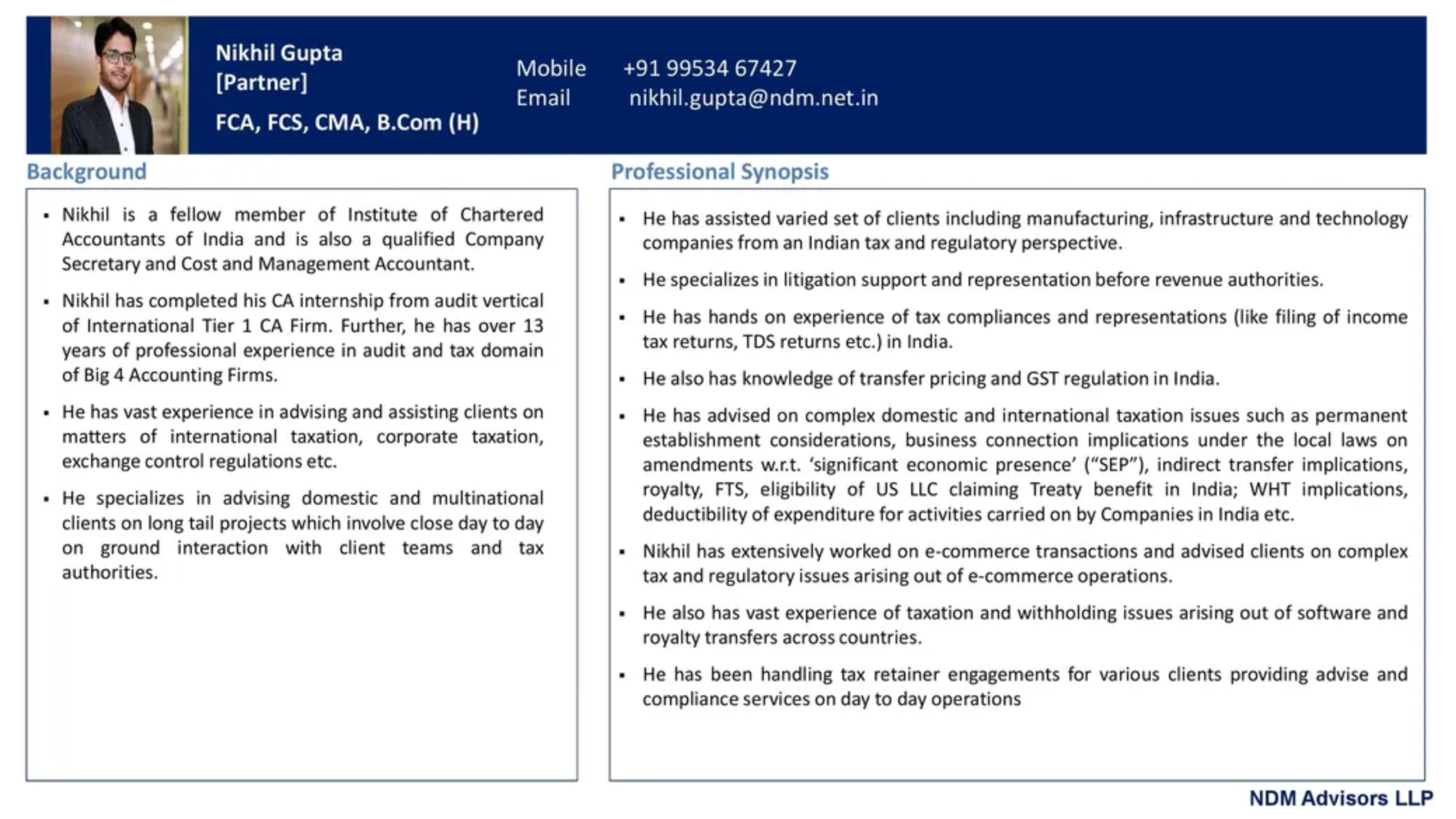Portfolio Management Services- How can India be a booming hub?

On an average, advisers and PMS providers report spending just 55.3% of their time on client-facing activities & developing strong relationship with clients and the rest time being divided between administrative activities, investment management, and training and professional development for their services.
Some advisers are turning over the labour-intensive tasks of investment management— everything from establishing an asset allocation strategy and implementing portfolio decisions to providing risk management and on-going oversight to a third-party investment management firm. In short, through outsourcing, they can rather spend more time with clients, building stronger relationships and looking for opportunities to increase their assets under management.
There are many benefits of introducing an outsourced services model into your practice.
Each client is unique—they have a different set of goals, timelines, family circumstances, and risk tolerance—there are so many possibilities, it can be difficult enough to create an individualized plan with the level of custom attention many of today’s investors expect. To have in-house specialists who take on- reviewing funds, maintaining a recommended funds list or designing model portfolios is a solution but it’s not cost-effective. Third-party discretionary portfolio management may help allow you to overcome these capacity constraints and development expenses.

Through a discretionary investment manager, advisor can gain access to a readymade multi-disciplinary team with a proven track-record without the direct development expenses and demands. One can also benefit from provider’s experience in delivering support, including due diligence, administration, and reporting. The decision to use professional portfolio management services really comes down to economies of scale and capacity.
Portfolio tracking takes up a large part of advisor’s work instead of talking with clients about their different goals, changing financial circumstances, and thoughts on market conditions, suitability, and risk. This can mean they are incurring an opportunity cost of working on other aspects of a client’s financial plan, the possibility to deliver more personalized service or simply the capacity to take on more clients.
Hence, outsourcing investment management would be cost-effective, freeing up bandwidth for advisers. This will help them focus on their core strengths like client acquisition/engagement, financial planning and acting as a guide for investors.
India’s position
As per the SEBI guideline, the minimum investment requirement is Rs. 50 lakhs, because of this, these services won’t be enjoyed by small investors. High set up cost is paid by the investor which ranges between 1-3%. PMS providers share profits but not losses. In the long-documentation procedure, many accounts are needed to be opened. Portfolio Managers are only be permitted to invest in listed securities, money market instruments and units of mutual funds. Any investments in unlisted instruments and structures is not be allowed by SEBI.

Indians’ love for physical assets has resulted in diversion of a large chunk of their savings and most of their assets into gold and real estate and hence, non-financial assets account for 95 per cent of the average household balance sheet. Although, the huge increase in the number of mutual fund folios, domestic retail inflows into financial markets and the spurt in demat accounts all mark a strong shift to financial assets.
When investors invest money in financial securities, they aim to earn returns much higher than a savings bank account. They look forward to beating inflation and accumulate wealth to achieve various short term and long term financial goals and at the same time, help the GDP flourish instead of saving cash (traditional approach) and creating leakages in the economy. India has grown by leaps and bounds in terms of smart investors.
As of October 2021, AUM managed by the mutual funds industry stood at Rs. 37.33 trillion (US$ 500.67 billion) and the total number of accounts stood at 114.4 million. In May 2021, the mutual fund industry crossed over 10 crore folios. Inflow in India’s mutual fund schemes via systematic investment plan (SIP) were Rs. 96,080 crore (US$ 13.12 billion) in FY21. Equity mutual funds registered a net inflow of Rs. 8.04 trillion (US$ 114.06 billion) by end of December 2019. According to the statistics by the Futures Industry Association (FIA), a derivatives trade association, the National Stock Exchange of India Ltd. (NSE) emerged as the world’s largest derivatives exchange in 2020 in terms number of contracts traded. NSE was ranked 4th worldwide in cash equities by number of trades as per the statistics maintained by the World Federation of Exchanges (WFE) for CY2020. India is expected to have 6.11 lakh HNWIs (High-Net-Worth Individual) in 2025. India is expected to be the fourth largest private wealth market globally by 2028.
With such a number of HNWI and large private wealth market, India can prove to be a great opportunity even for Foreign Portfolio Management Services.
According to Goldman Sachs, investors have been pouring money into India’s stock market, which is likely to reach >US$ 5 trillion, surpassing the UK, and become the fifth-largest stock market worldwide by 2024.
About the Author: Bharti is working as an analyst at NDM Advisors LLP. She is advising PMS players in India and abroad on array of statutory services and financial reporting. If you wish to connect with us, drop us an e-mail at communications@ndm.net.in
In case of queries, drop us a line on communications@ndm.net.in
Have Any Question?
Send us a message and tell us more about your business and financial goals. We will get back to you soon to schedule a consultation.
- +91 9873210394
- Communications@ndm.net.in


















